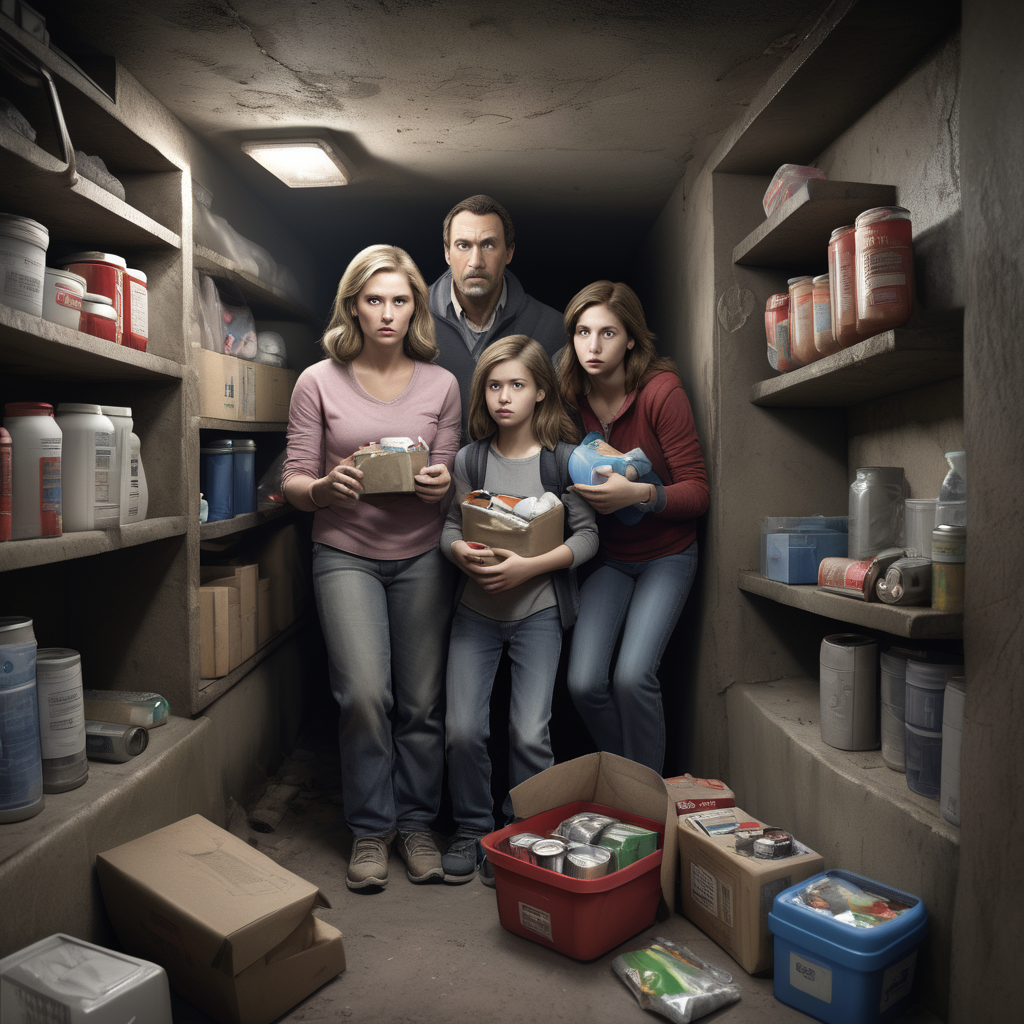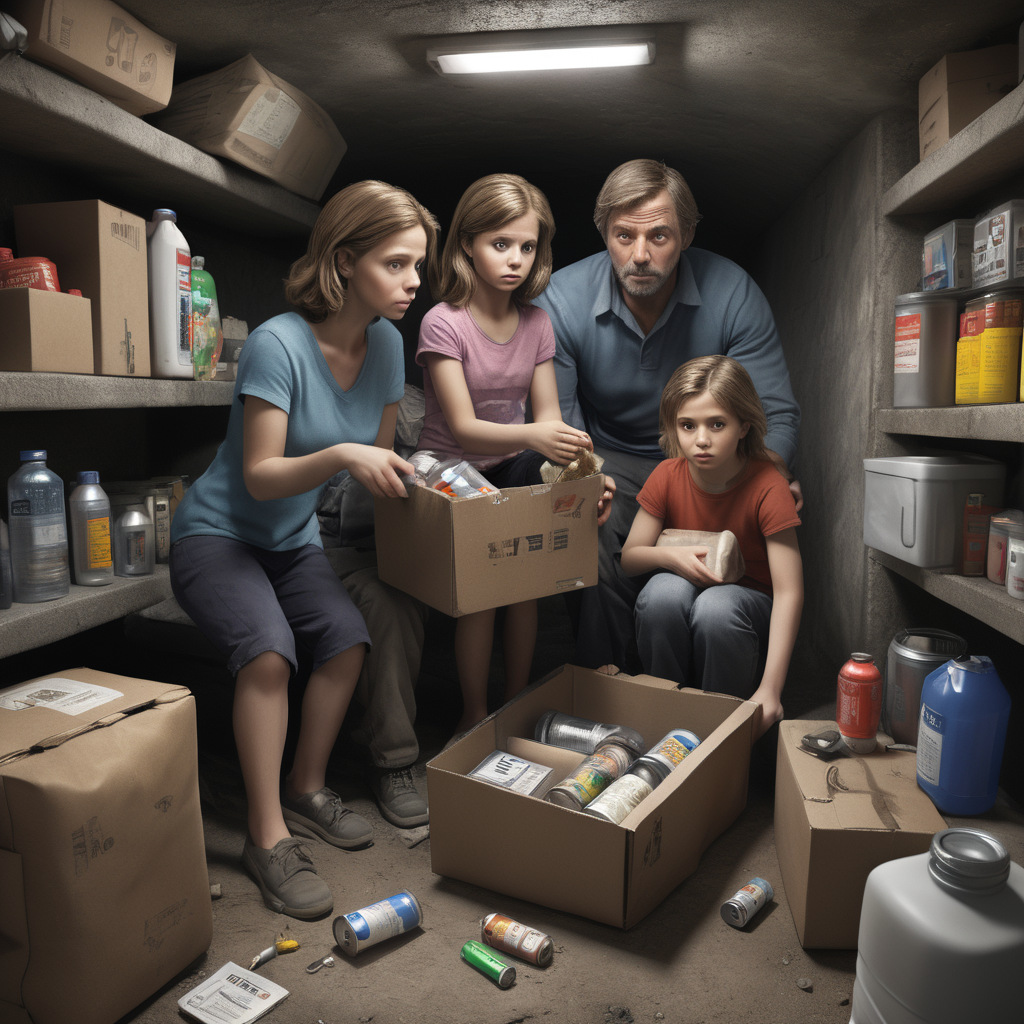The hypothetical scenario of outlawing civilian gun ownership in the United States is a topic that has sparked intense debate and various perspectives. This article will explore the potential options for civilians in such a situation, the consequences of not surrendering their guns, the impact on gun crimes, and whether it is justified for civilians to hide and keep their guns for self-protection. It is essential to note that this article is a hypothetical discussion and does not constitute legal advice.
Options for Civilians
In the hypothetical scenario where civilian gun ownership is outlawed, citizens would be required to surrender their firearms to the government. However, this could lead to several potential options for those who do not wish to relinquish their weapons. These options may include:
- Relocation: Some individuals may choose to move to a country where gun ownership is still legal. This option would require significant lifestyle changes, including finding new employment, housing, and adjusting to a new culture.
- Legal Challenges: Others may decide to challenge the law through the court system. This could involve filing lawsuits, seeking court orders to block enforcement, or advocating for changes in legislation.
- Civil Disobedience: A portion of the population may choose to defy the law by hiding their guns and continuing to possess them. This option could lead to potential legal consequences, including fines, imprisonment, or even criminal charges.
Consequences of Not Surrendering Guns
In the hypothetical scenario where civilian gun ownership is outlawed, those who choose not to surrender their firearms would face several potential consequences. These may include:
- Legal Ramifications: Individuals who refuse to surrender their guns could be charged with criminal offenses, leading to fines, imprisonment, or other penalties.
- Loss of Trust: Those who defy the law may lose the trust of their communities, friends, and family, leading to social isolation and reputational damage.
- Increased Risk: By possessing outlawed firearms, individuals may be at a higher risk of being targeted by law enforcement or criminals, which could lead to injury or death.

The Impact on Gun Crimes
One of the primary arguments for outlawing civilian gun ownership is the potential reduction in gun-related crimes. However, it is essential to consider the possibility that criminals may still have access to firearms, despite the ban. In this case, the rate of gun crimes may not slow down. Furthermore, law-abiding citizens who no longer have access to guns for self-protection may become more vulnerable to criminal activities.
Hiding and Keeping Guns for Self-Protection
In a hypothetical scenario where civilian gun ownership is outlawed, some citizens may choose to hide and keep their guns for self-protection from both criminals and potential government overreach. While this choice could lead to legal consequences, it may be justified for those who believe that their safety and well-being are at risk.
The hypothetical scenario of outlawing civilian gun ownership in the United States raises numerous complex questions and potential consequences. This article has explored the options for civilians, the consequences of not surrendering guns, the impact on gun crimes, and whether it is justified to hide and keep guns for self-protection. It is crucial to remember that this discussion is purely hypothetical, and the content generated by AI does not constitute legal advice.

